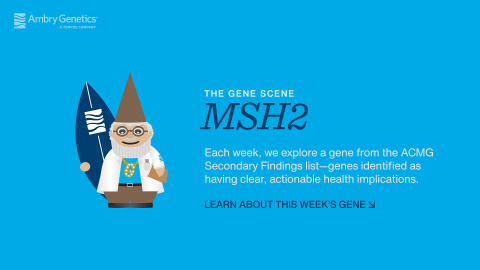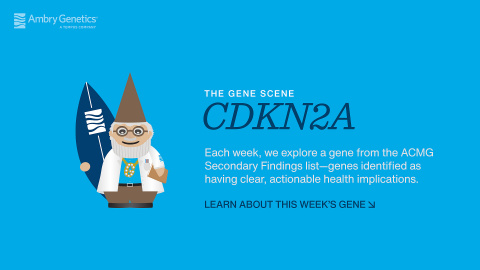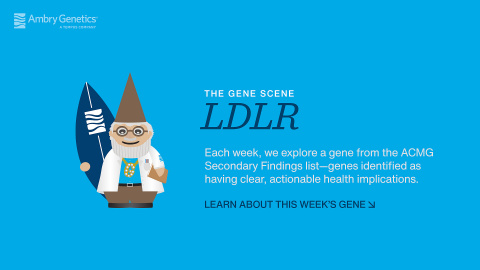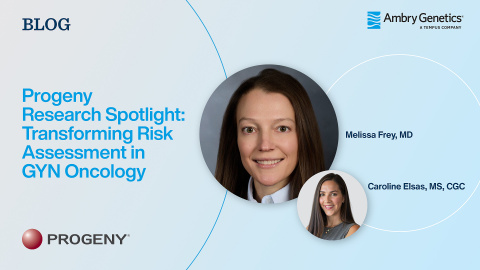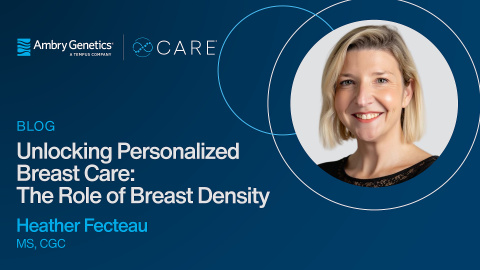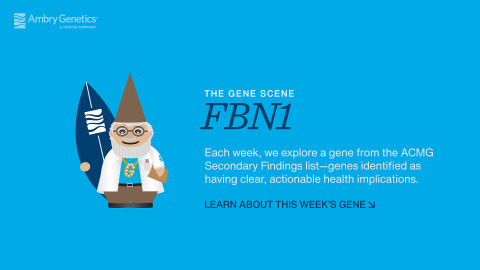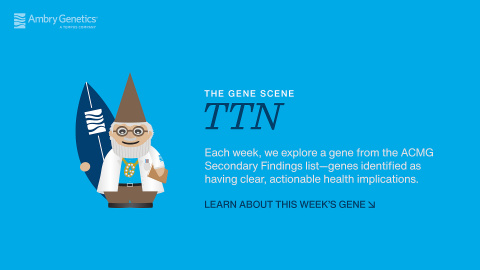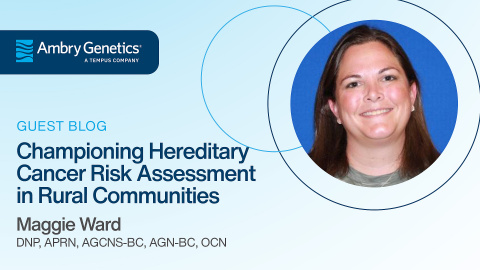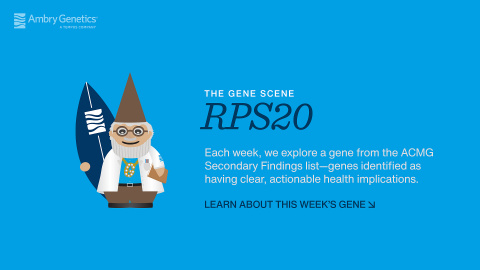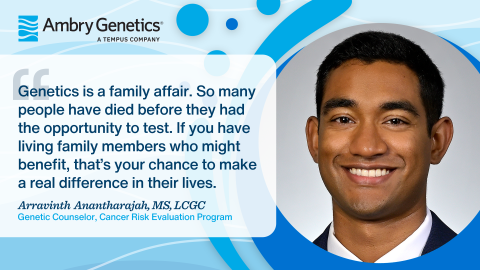- By Sarah Campian, MS, CGC
- Posted October 21, 2025
The Gene Scene: MSH2
Welcome to the Gene Scene! Each week, we will explore a gene from the ACMG Secondary Findings list—genes identified by the American College of Medical Genetics and Genomics as having clear, actionable health implications. These genes are included because they’re linked to serious but preventable or manageable conditions when identified…
- By Kimia Sanati, MS, CGC
- Posted October 14, 2025
The Gene Scene: CDKN2A
Welcome to the Gene Scene! Each week, we will explore a gene from the ACMG Secondary Findings list—genes identified by the American College of Medical Genetics and Genomics as having clear, actionable health implications.* These genes are included because they’re linked to serious but preventable or manageable conditions when identified…
- By Athena Puski, MS, CGC
- Posted October 7, 2025
The Gene Scene: LDLR
Welcome to the Gene Scene! Each week, we will explore a gene from the ACMG Secondary Findings list—genes identified by the American College of Medical Genetics and Genomics as having clear, actionable health implications. These genes are included because they’re linked to serious but preventable or manageable conditions when identified…
- By Caroline Elsas, MS, CGC
- Posted September 30, 2025
Progeny Research Spotlight: Transforming Risk Assessment in GYN Oncology
Bridging the Gap Between Treatment and Prevention At the intersection of cancer treatment and prevention, Dr. Melissa Frey—a gynecologic oncologist, cancer geneticist, and researcher based in New York City—has long recognized the critical importance of early cancer risk assessment. Dr. Frey identified a persistent challenge: traditional family…
- By Heather Fecteau, MS, CGC
- Posted September 24, 2025
Unlocking Personalized Breast Care: The Role of Breast Density
Since September 10, 2024, every mammogram facility in the U.S. is required to provide patients with a clear summary of their breast density—bringing awareness of this important factor front and center.1 While breast density significantly influences risk, it’s only one piece of a larger puzzle. To improve early detection and deliver truly…
- By Margo Gallegos, MS, LCGC
- Posted September 23, 2025
The Gene Scene: FBN1
Welcome to the Gene Scene! Each week, we will explore a gene from the ACMG Secondary Findings list—genes identified by the American College of Medical Genetics and Genomics as having clear, actionable health implications. These genes are included because they’re linked to serious but preventable or manageable conditions when identified…
- By Charlie King, MGC, CGC
- Posted September 16, 2025
The Gene Scene: TTN
Welcome to the Gene Scene! Each week, we will explore a gene from the ACMG Secondary Findings list—genes identified by the American College of Medical Genetics and Genomics as having clear, actionable health implications. These genes are included because they’re linked to serious but preventable or manageable conditions when identified…
- By Maggie Ward, DNP, APRN, AGCNS-BC, AGN-BC, OCN
- Posted September 10, 2025
Championing Hereditary Cancer Risk Assessment in Rural Communities
As an Advanced Practice Registered Nurse (APRN) in Wichita, KS, I’ve spent the last 20 years dedicated to oncology care. I lost my sister-in-law to breast cancer at a young age—she was only 29 years old when she was diagnosed and passed away at the age of 36. I became particularly interested in inherited cancers because of my niece. I wanted…
- By Catherine Mayo, MS, CGC
- Posted September 2, 2025
The Gene Scene: RPS20
Welcome to the Gene Scene! Each week, we will explore a gene from the ACMG Secondary Findings list—genes identified by the American College of Medical Genetics and Genomics as having clear, actionable health implications. These genes are included because they’re linked to serious but preventable or manageable conditions when identified…
- By Candela Delucchi
- Posted August 26, 2025
Making Waves: Honoring a Mother’s Final Wish Through Creative Care
Meet Arravinth (Avi) Anantharajah, MS, LCGC, a genetic counselor with the Cancer Risk Evaluation Program at the University of Pennsylvania’s Basser Center for BRCA. In our Making Waves series, we’ve spotlighted the inspiring work of healthcare providers across our industry. Learn the remarkable story of one family’s determination to complete…
